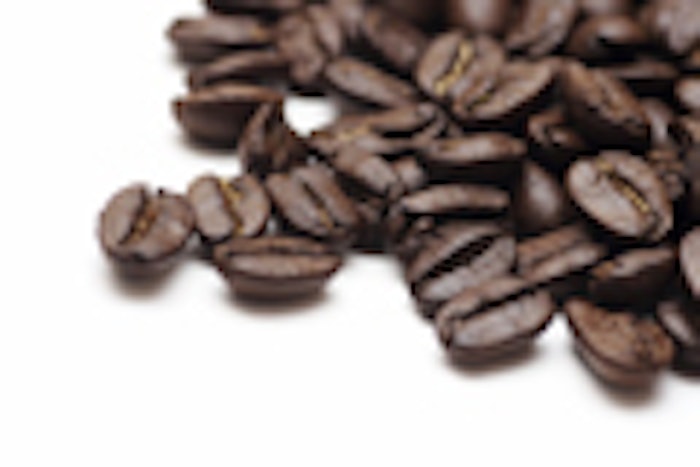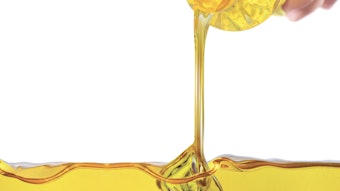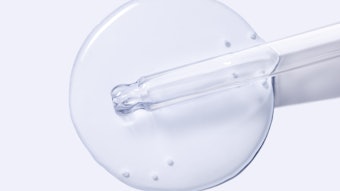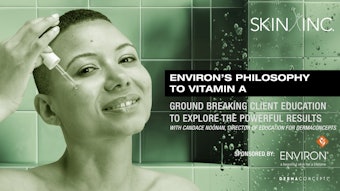
A new study synthesizing information from past research shows why recommending a little caffeine to clients might be wise in trying to ward off skin cancer, and new research is being conducted on the effects of applying caffeine directly to the skin.
Past studies have suggested that caffeine might offer some protection from skin cancer, and new research may explain why. "We have found what we believe to be the mechanism by which caffeine is associated with decreased skin cancer," said lead researcher Paul Nghiem, MD, an associate professor of dermatology at the University of Washington in Seattle.
For the study, Nghiem's team looked at caffeine's effect on human skin cells that had been exposed to ultraviolet radiation in a laboratory. They found that in cells damaged by UV rays, caffeine interrupted a protein called ATR-Chk1, causing the damaged cells to self-destruct. "Caffeine has no effect on undamaged cells," Nghiem said.
ATR is essential to damaged cells that are growing rapidly, Nghiem said, and caffeine specifically targets damaged cells that can become cancerous. "Caffeine more than doubles the number of damaged cells that will die normally after a given dose of UV," he said. "This is a biological mechanism that explains what we have been seeing for many years from the oral intake of caffeine."
The findings were published online Feb. 26 in the Journal of Investigative Dermatology.
But, Nghiem added, people shouldn't increase the amount of coffee or tea they drink to prevent skin cancer. "You are talking a lot of cups for a lot of years for a relatively small effect," he said. "But if you like it, it's another reason to drink it."
Nghiem has also been experimenting with applying caffeine directly to the skin. "It suppresses skin cancer development by as much as 72% in mice, and human studies are moving ahead slowly," he said.
It's possible that topical caffeine preparations might one day be used to help prevent skin cancer, Nghiem said. "Caffeine is both a sunscreen and it deletes damaged cells," he said. "It may well make sense to put it into a sunscreen preparation."
Robin Ashinoff, MD, a dermatologist and clinical associate professor of dermatology at New York University's Langone Medical Center, thinks these findings need to be verified before they can have any clinical application. "This study tells me that caffeine may be a useful ingredient topically to remove ultraviolet-genetically damaged cells from reproducing," Ashinoff said. "This may help prevent the development of skin cancer."
"It is interesting that caffeine, which is thought to have a negative connotation, has already been shown to be associated with lower incidences of non-melanoma skin cancers in several epidemiological studies," she added.
Albert Lefkovits, MD, a spokesman for the Skin Cancer Foundation and an associate clinical professor of dermatology at the Mount Sinai School of Medicine in New York City, doesn't think it's been proven that caffeine reduces the risk of skin cancer. "While this is an interesting concept that has been explored before, it will take years of extensive testing to determine whether this will be a worthwhile prevention method," Lefkovits said.
"And, the study doesn't discuss how much caffeine would be needed for any real benefit," he said. "For instance, many people drink large amounts of caffeine on a daily basis and still get skin cancer. Protecting yourself from the sun is currently the only proven way to prevent skin cancer."
More information
To learn more about skin cancer, visit the American Cancer Society.
HealthDay News, February 26, 2009










